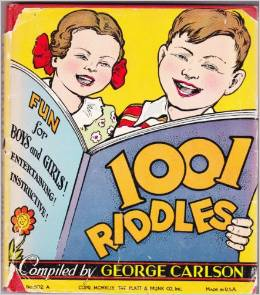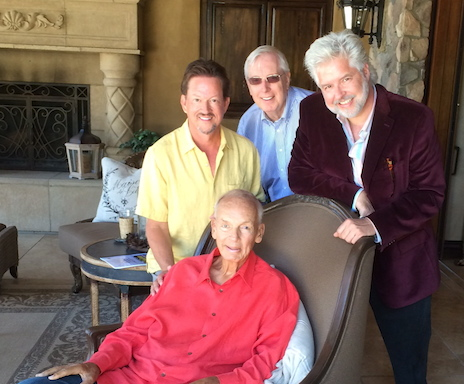“Daddy, watch this!”
“Momma, watch this!”
Our desire to be known has reached new dimensions via social media. People who study such things say that Selfies make up almost one-third of all photos taken by people aged 18-24.
I heard a comedian recently ask, “When was the last time you were in a picture that someone else actually took?”
A recent Fancy Gizmo trade show featured the latest contribution to our self-absorption – a pole that extends to allow Selfies from several feet away! I reckon’ that we’ll soon be yelling at our kids, “Don’t run in the house with your Selfie stick!”

It’s one thing to be self-absorbed as a pimply-faced adolescent, it’s quite another to be self absorbed as a radio station…
News bulletin! It’s not about us.
My talented friend Brant Hansen recently posted some news about the latest stations to carry his syndicated radio show. You’d think his fans would be celebrating! After all, they are the ones fanatical enough to have signed up on his fan page, and instead their reactions are…
Mikayla: “Too bad it’s not in Central Texas.”
Lisa: “I just know y’all are gonna come to Mississippi… Right?”
Diane: “But still no Ohio…”
Rachel: “No Texas yet?”
No responses like “way to go, Brant”. No “you’re doing a great job!” No “we’re out here rootin’ for ya!”
They don’t care about Brant’s syndication, charming guy that he is, except for how his show connects to their lives! And none of that matters if they can’t even hear his show. In other words to the listener IT’S ALL ABOUT THEM! And they’re right!
That’s the problem with the Radio Selfie. It’s all about us. It’s all about the station. And it’s epidemic in our little radio world.
Deejays that talk incessantly about things that happened in their lives that listeners can’t relate to. Newscasts with stories that sound newsy but aren’t relevant. Stations that position themselves with mindless slogans that are all about the station, not about what is meaningful to the listener.*
Radio Selfies are really about ego, and John Maxwell addresses that with…
“Dear Speaker:
Your ego has become a wall between yourself and me. You’re not really concerned about me, are you? You’re mostly concerned about whether or not this speech is really working … about whether or not you’re doing a good job. You’re really afraid that I will not applaud, aren’t you? You’re afraid that I won’t laugh at your jokes or cry over your emotional anecdotes. You are so caught up in the issue of how I am going to receive your speech, you haven’t thought much about me at all. I might have loved you, but you are so caught up in self-love that mine is really unnecessary.
“If I don’t give you my attention it’s because I feel so unnecessary here. When I see you at the microphone, I see Narcissus at his mirror … Is your tie straight? Is your hair straight? Is your deportment impeccable? Is your phraseology perfect? You seem in control of everything but your audience. You see everything so well [except] us. This blindness to us, I’m afraid, has made us deaf to you.
“We must go now. Sorry. Call us sometime later. We’ll come back to you … when you’re real enough to see us … after your dreams have been shattered … after your heart has been broken … after your arrogance has reckoned with despair. Then there will be room for all of us in your world. Then you won’t care if we applaud your brilliance. You’ll be one of us. Then you will tear down the ego wall and use those very stones to build a bridge of warm relationship. We’ll meet you on that bridge. We’ll hear you then. All speakers are joyously understood when they reach with understanding.”
– Your Audience
*(My all-time favorite bad radio slogan is “Not What You Think!” This positioning line assumes two things of the listener: 1) That they think anything at all about the station, and 2) that it’s WRONG!)


 Your radio station is comprised of only two things, in its most basic structure. The music, and everything-else.
Your radio station is comprised of only two things, in its most basic structure. The music, and everything-else.

